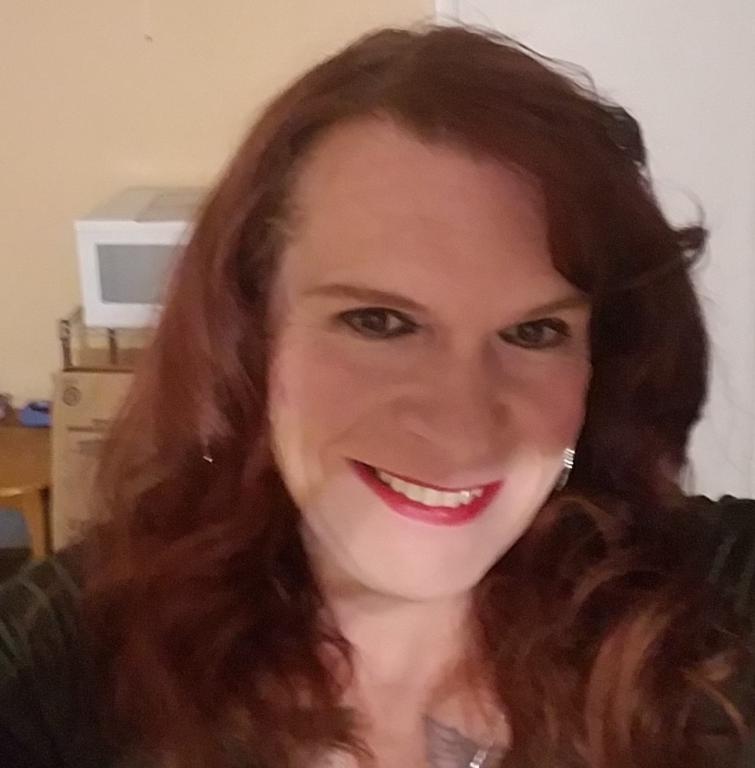I have a vision for the future, and it looks like mud.
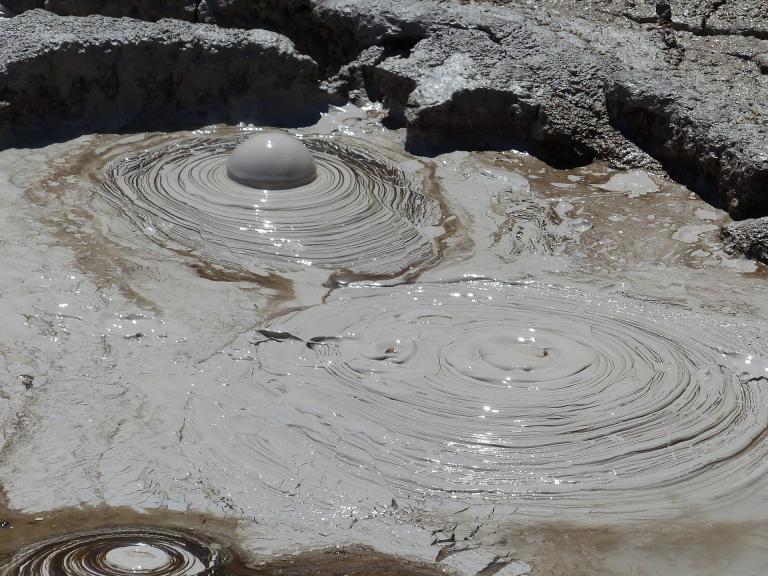
Did any of you make mud pies as children? I think they may have been the first cuisine I shared at my tea parties. I used to invite all my dolls and stuffed animals. Everyone was welcome. Pre-Socratic philosopher Xenophanes theorized that all things that come into being and grow are composed of two elements; earth and water. He proposed that the natural world was the result of alternating states of wet and dry.
This is not unlike this country’s alternating political states of liberalism and conservatism, and if we concede to the Buddhist concept of interbeing, then to construct a future of peace and liberty for all our communities, we know we need all sides to work together. We will need to form alliances, within our congregation, and beyond in our greater communities. I believe we can do that, like the right combination of earth and water that creates mud. Beautiful rainbow mud pies.
Our social system has come a long way toward accepting and decreasing the marginalization of the LGBTQIA community, which I shall hereafter refer to as the Pride community. The Pride community has suffered untold losses over the last several decades in attempts to live their lives openly.
As of November 2018, the FBI has released data that shows hate crimes up a total of 17% overall. While hate crimes fueled by sexual orientation have decreased slightly, violence against transgendered individuals has gone up. Hate crimes against transgender people of color have skyrocketed. Unfortunately, not all crimes are reported due to fear of discrimination, nor are all crimes of violence designated as hate crimes, therefore the numbers could possibly be even higher.
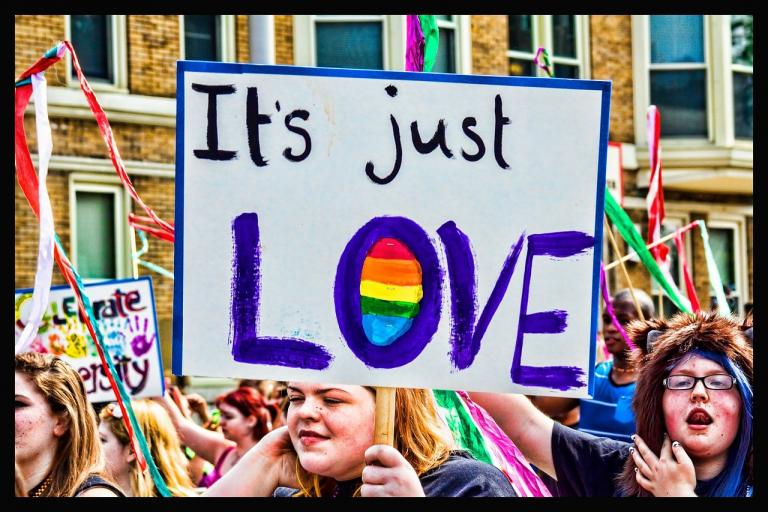
In the United States, only twenty states have laws in place to protect the Pride community against discrimination. Two states offer partial protection. Twenty-eight states offer no protection at all. Florida currently has no laws which protect the Pride community. A survey in 2012 estimates 4.2% of Floridians are in this Pride community. That’s a lot of voters.
In the past, the biggest threat to the Pride community and allies has come from trans- or homophobia, an illogical fear or deep-seated aversion based in prejudicial bias that sees marginalized groups as second-class citizens. Homophobia is just one aspect of a much larger issue. Despite all the work which the Pride community has done to become accepted and gain equal rights, this country remains trapped by a White House pushing an agenda based on heterosexism and the promotion of white and straight privilege. If you are gay, lesbian, transgendered or non-binary, you know what I am referring to when I say “straight privilege.” Here is a sample of privileges:
- Heterosexuals are free to reveal their intimate relationships without the concern they might be harassed, judged or even fired. They can hold hands in public, kiss their significant other in public, or talk about their lifestyle without the possibility of making others uncomfortable.
- Heterosexuals can marry without anyone questioning the legitimacy of their love for each other. Their partners gain access to health insurance. They can adopt without question.
- Heterosexuals are not reduced to their gender identity or orientation. When someone looks at a heterosexual, they see more than just “a gay man who does this” or “a transwoman who does that.” They see simply a man, and a woman.
- Heterosexuals can rest assured their sexual orientation won’t be weaponized against them, to prevent them from being hired for jobs, finding apartments, or hold them back from personal achievements.
- Heterosexuals can turn on TV, or flip open a history book and see people like themselves, represented as heroes, leaders and role models. The Pride community has only begun to experience a benefit like this.
If some of the things on this list sound like what people of color and disabled people go through, then you are reading this list accurately. Discrimination, bias, and malformed judgments affect many communities that are not exclusively white, or straight, or male as well. Sadly, the word “straight” could easily be changed out for “male” privilege or “white” privilege when it comes to second-class treatment or having their culture and identity weaponized against them.
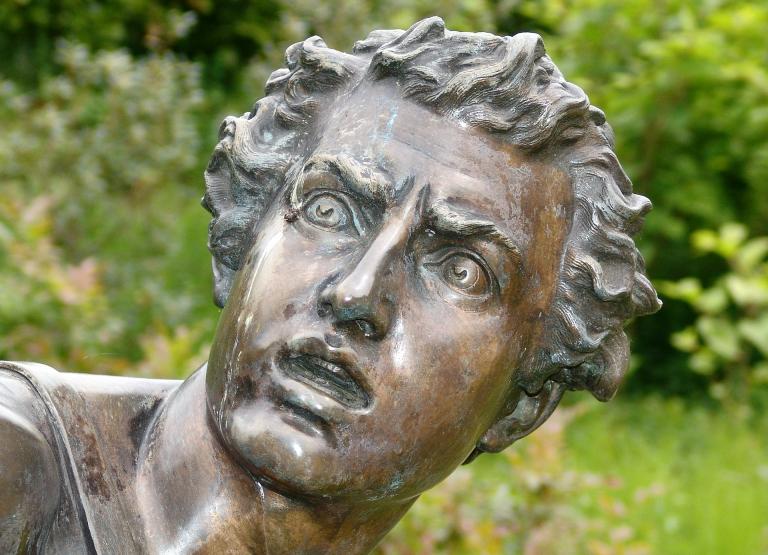
Where does heterosexism originate from? Is there a cause?
In the book, Privilege, Power and Difference by Allan Johnson, he states, “It isn’t what we don’t know that gives us fear, our fear is created by what we think we know and refuse to admit we might be wrong about.”
Heterosexism is a set of attitudes that believes only opposite-sex attraction is normal and therefore anything else is abnormal, deviating from what’s considered “right.” If someone is not heterosexual, they are ranked as second-class citizens. This not only reinforces a social hierarchy, but by promoting homosexuality as abnormal, the idea that it can be cured by conversion therapy is falsely supported.
Some theories say that social hierarchy is a result of capitalism. The wealthy are typically the business owners, and through conferred dominance they control the labor force by instilling fears of lost jobs and a lost quality of life. Fear of lost health benefits alone keeps many LGBTQIA people from leaving the closet and being open about themselves. Unearned
entitlements become unearned advantages. The cycle of dominant social classes deepens, and the marginalization worsens. Workers are classed as “cheap labor” which devalues them as human beings and creates dependence on the dominating class which power has been conferred to. With devaluing, comes rejection, exclusion, avoidance – all early seeds of discrimination.
Closely associated to heterosexism is the biased attitude of heternormativity which expands just enough to form biased attitudes towards transgendered individuals for denying their assigned-at-birth sex, and encourages the “fixing” of intersex children so they fit the gender binary. It should be noted that there are religions, including some Christian churches, which heavily promote the heteronormative attitude of discrimination.
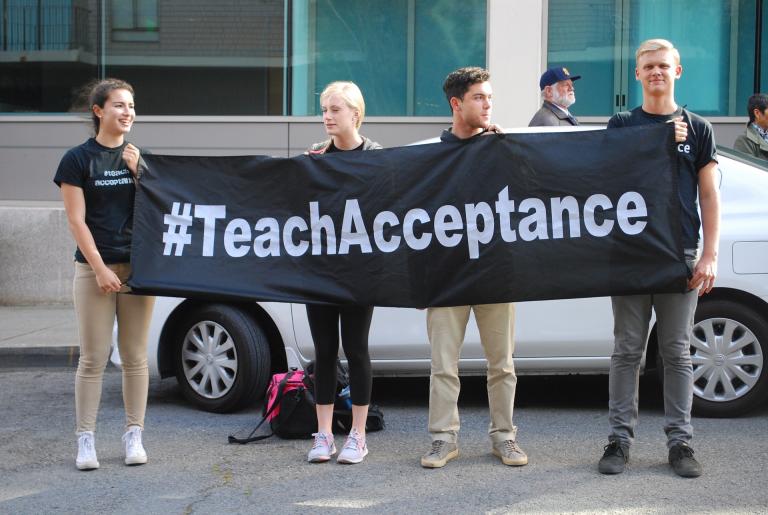
This writer thinks it is important to mention that not everyone from the Pride community is discriminated against. There are many individuals who choose to stay in the closet, and if they are white, or especially white and male, they may stay in hiding to maintain their own perceived privilege.
Not all white people utilize their “whiteness”, nor do all outwardly straight-appearing people use these characteristics for direct benefit. There are many allies of our communities who pay a price for being allies. Being acknowledged as an ally to certain marginalized groups often invites a harassment of its own kind.
Unfortunately, many people may not be comfortable being allies and speaking up in defense of others, or, they may choose silence or denial. This is referred to as choosing the path of least social resistance. This is the paradox of privilege. If you aren’t behaving up to the perceived heteronormative standards of others, you can lose some of the social ranking as well.
For those of our allies who don’t fear the path of resistance; participation in speaking up can begin to halt the wounding of others. The efforts to reverse this wounding can look small to some, but to those who have felt marginalized, they can be huge. Small, beginning efforts may look like this:
- look at people when they enter a room and greet them, smile their way
- listen actively and respond with engagement when they speak
- don’t avoid touching them or offering a friendly hug if they consent to it
- don’t avert your eyes if you pass someone on the street
- include them in social activities when possible
- don’t internally blame them for the way society treats them
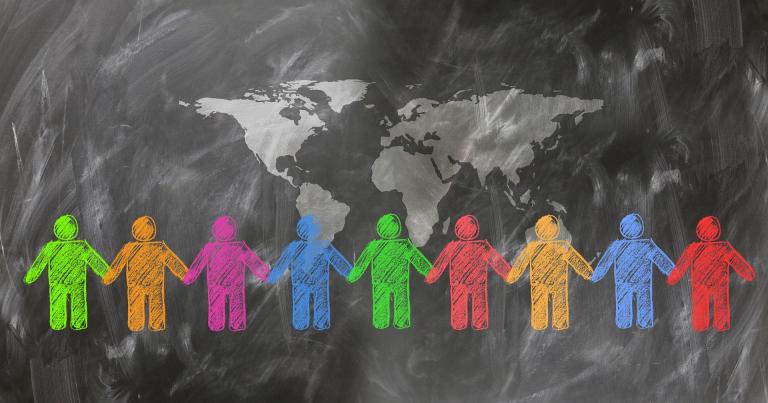
Accountability and healing the divisions may start at the individual level but the responsibility doesn’t sit there. Since a social group is responsible for reinforcing these hierarchical attitudes, it is a group responsibility to change them. Groups must reclaim the kind of language they use and stop devaluing and excluding others. Far too often, groups may feel that they can’t adequately effect change.
However, change requires long term commitment. Changes can quickly be seen in smaller settings when others take the time to model better language, and to participate in how their church’s social system operates by including all types of people. Attentive listening alone is an important means of respecting the value of others. Gradually, a new paradigm will begin to replace an older one.
“Knowledge is never an individual achievement alone. It is constructed by communities of people and its construction transforms communities.” (Dr. Rebecca Ann Parker, former President, Starr King School for Ministry)
Regardless of whether you identify LGBTQIA discrimination as homophobia, transphobia, heterosexism, or some other term of antipathy, the only way it is going to be alleviated is if we engage our communities and social systems with education, outreach and increase our visibility, not in just our existence, but we must present ourselves as responsible, valuable and capable members of society. We must engage response from those less knowledgeable with composure, and light a lamp of hope in those willing to change their perceptions.
In the Unitarian Universalist Church, there is term you hear quite often regarding the forming of a covenant. Covenants are very special agreements which govern the conduct between members. A covenant often involves active listening, respect, patience and a non-judgmental attitude. Often times, we must remind ourselves that a covenant is not just a noun. It is an action verb. A strong covenant requires nurturing, encouragement, and it must be allowed room to expand.
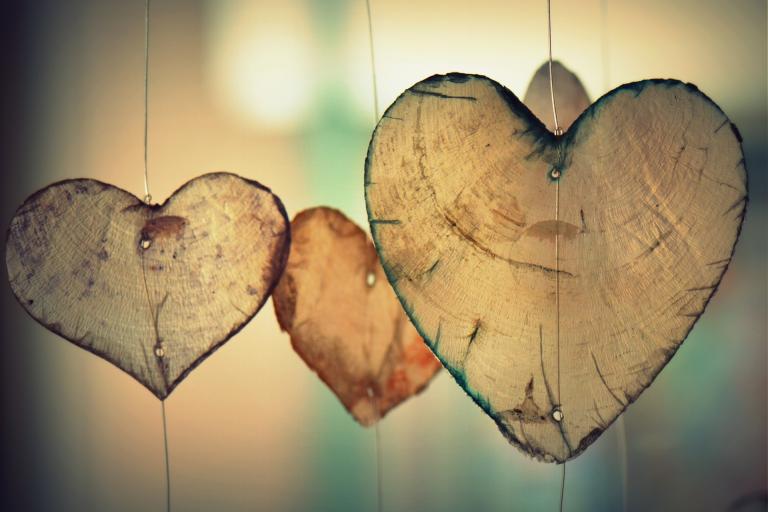
Perfect Love
There is a line from 1 John, in the Holy Bible that states, “there is no fear in love, but perfect love drives out fear.” In Wicca, it is common to say that we enter into the ritual circle in perfect love, and perfect trust. Love, along with compassion, joy and equanimity make up the nature of an enlightened person in Buddhism.
So what is this perfect love? Does it really exist? or, do we idealistically cling to the possibility of perfect love in order to avoid the reality of suffering which many of our fellow humans endure. Can you really love perfectly? Imagine loving everyone in a ritual circle whom you have not taken the time to know deeply? I think not. The quote from 1 John goes on to say whomever claims to love God yet hates a brother or sister is a liar, for if they can hate someone they have seen, how can they love someone they have not seen.
So perhaps perfect love springs from perfect vision, or as the Buddhists say, right view. Right view is not an ideology, but a method of action. When we learn the ability to distinguish or perceive someone clearly, they can become a part of us. When we allow things like heterosexism to occlude how we perceive others, not only are we not seeing them accurately, we are not opening to the experience of what could become a perfect love.
Right view is the first step on a Buddhist eight-fold path. Perception is often obscured by many layers of experience and opinion, but through the practices of mindful participation in the world, we improve our ability to see others and see the seeds of possibility within them.
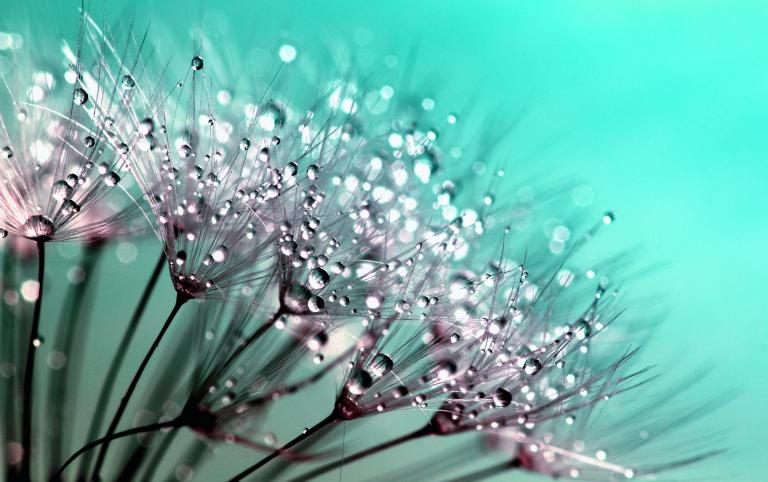
My thoughts: deep within us are buried the seeds of perfect love. I believe they are within everyone. They can be nurtured and developed into beautiful sources of energy and spiritual experience. This is my belief. I also believe in the potential for all to experience right view.
If perfect love begins with perfect vision, then we must open our eyes to all the potential ways that people can express themselves. The beauty of life and the future begins with acknowledging that we are still growing, learning, and changing, and the place we are in now will one day be far in the distance behind us.
I would like to believe there will come a time when terms like “straight or white privilege” are only found in history books. Imagine a world that embraces diversity, rather than limits it and puts it into tiny boxes. Imagine a community which combines the strengths and beauty of a myriad of possibilities.
My vision is a beautiful mud; an earthly component of numerous elements and minerals, a watery component of many cells and organisms. The rainbow flag, with its limiting six colors would become outdated, and incapable of accurately representing all the aspects of the people as they represent themselves. No longer will six be enough, perhaps we will become like a box of crayons, 64 or more exciting, intriguing colors, each with our own colorful voice and vivid imagery.
Imagine what beautiful mud pies we could make with 64 crayons of different colors.


